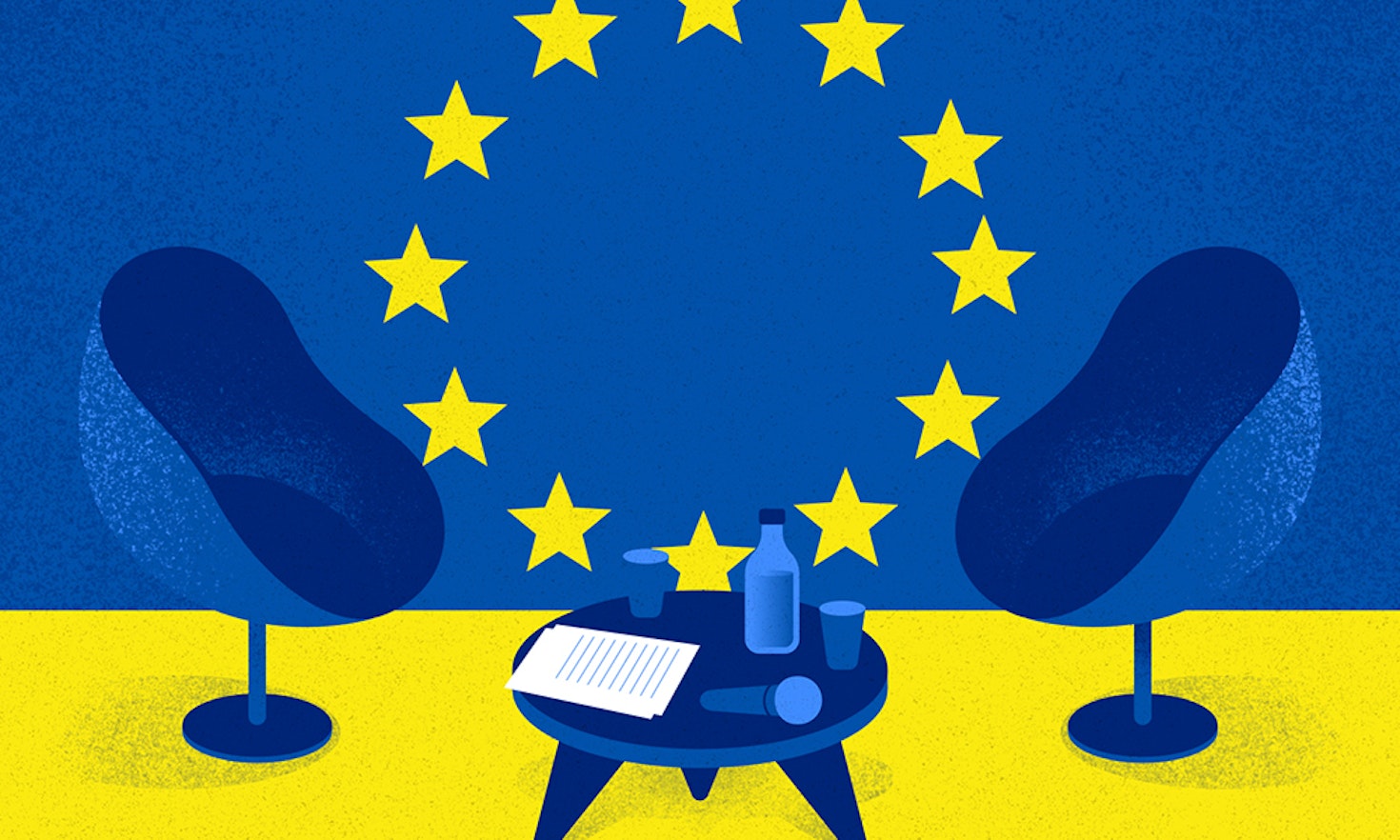
Martina Trettel interviews Pasquale Pasquino, Senior Fellow at the CNRS in Paris and Global Distinguished Professor at New York University. He studied classical philology, philosophy and political theory. He also published a book on Emmanuel Sieyes and the invention of modern constitutionalism in France.
Q: Do you have a sense of what the outcome of the upcoming EU elections might be?
A: The polls show quite consistently that there will not be a massive transformation of the European Parliament. It is very likely that the Social democrats and the Christian democrats will lose their current majority in the parliament, but the liberals, bolstered by increased French representation from Macron’s party and the greens, notably in Germany, will increase the number of seats and strengthen the centrist pro- European union. Nationalist parties, notwithstanding the absence of the members of the UKIP (if the United Kingdom leaves the EU) will increase the number of representatives in Strasburg, but a coalition of nationalists in a super-national parliament is a contradictio in adiecto! So said, taking into account that Germany is a pro-European quasi nationalist member state of the Union, it is very likely that the status quo will be maintained.
Q: What do you think will happen with Brexit?
A: It seems likely that the UK which was with one foot in the EU and one outside it will be with one outside and one in it. ‘Much ado about nothing’ the greatest English writer, Shakespeare might have quipped! It appears that in just two years the Parliament of Westminster, by treating a consultative referendum as binding, has completely destroyed its secular reputation. Be wary of referendums!
Q: How are EU elections perceived in the US. Is there a perception at all?
A: I do not know for sure, but it seems to me that the American establishment thinks more about China than about the European elections.
Q: Why should EU citizens vote for the EU Parliament?
A: European elections are gradually becoming of critical national importance. It is enough to see the impact of the next EU elections into the Italian or French political life. More there are problems and questions concerning the EU more it becomes relevant for the political life of the member states.
Q: What is the role of information in this EU electoral campaign?
A: This is again a very big question. Certainly, there is more information available about the EU elections than in the past. As to the quality of it is difficult to answer. Evidently, it depends on what people read.
Citation
This content is licensed under a Creative Commons Attribution 4.0 International license except for third-party materials or where otherwise noted.






